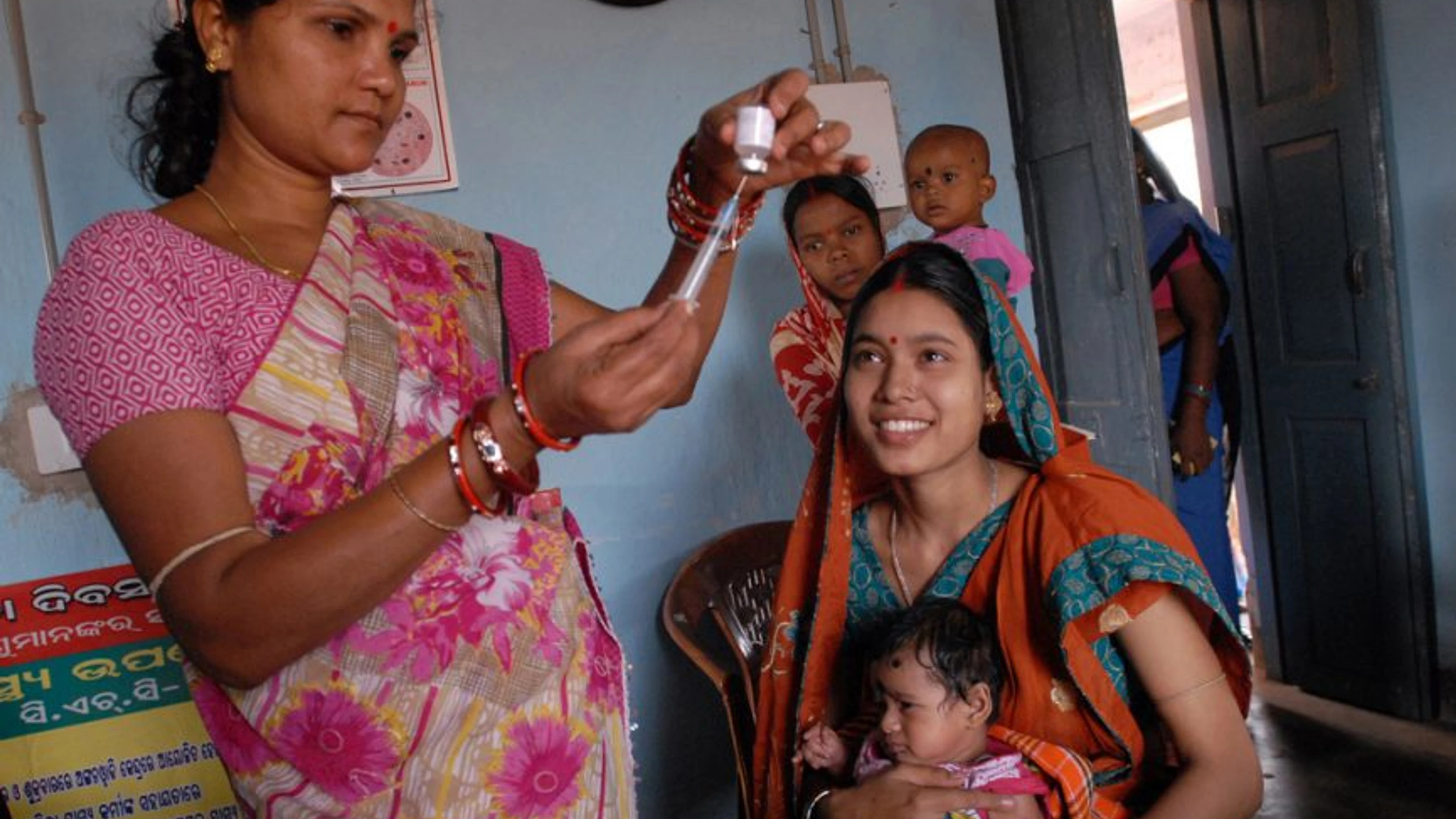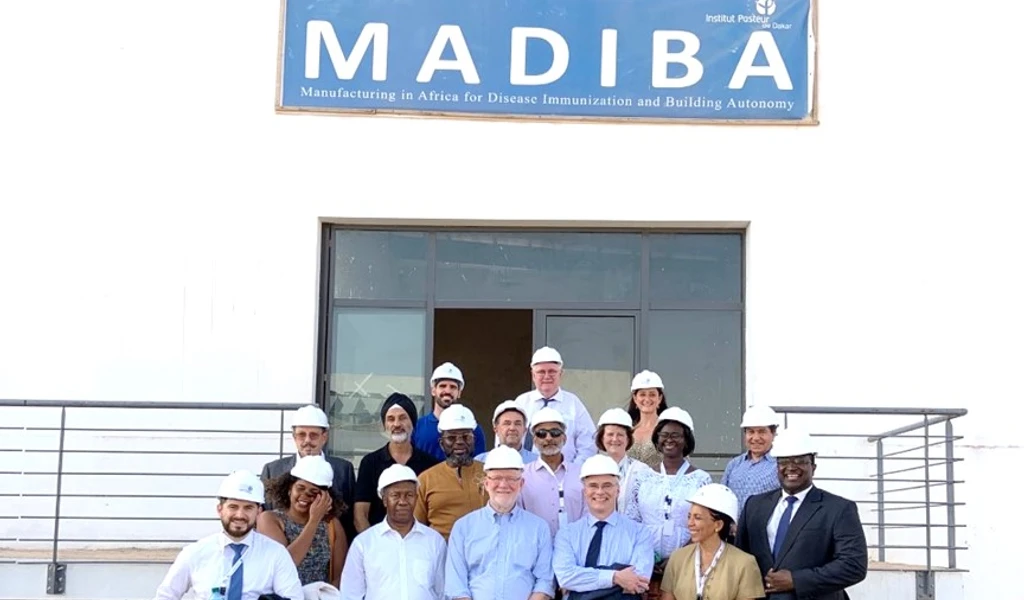CEPI's mission is to accelerate the development of vaccines against emerging infectious diseases, like Nipah or Lassa viruses, and to enable access to these vaccines for people during outbreaks.
Launched in 2017, CEPI has made rapid progress—the world now has 21 vaccines under development that could be used to combat deadly epidemic diseases. Such progress in the field of vaccine development is unprecedented, especially in the context of emerging infectious diseases.
These vaccines are being developed through 11 partnership agreements with a wide range of organisations from the private sector, public-sector, and academia.
In the event of an outbreak, it's essential that we're able to get our vaccines to the people who need them—as quickly as possible—so we can end the outbreak, prevent an epidemic, and save lives.
Equitable access in an outbreak
You cannot prevent or stop an epidemic without equitable access to vaccines.
CEPI is 100% committed to equitable access. This commitment drives every aspect of our work and is key to our success as a global health organisation.
Equitable access to epidemic vaccines—in the context of an outbreak—means that appropriate vaccines are first available to populations when and where they are needed to end an outbreak or curtail an epidemic, regardless of ability to pay.
The vaccines that we are developing will exist for the benefit of all humanity. So it is our duty to clearly explain what we're doing to enable access to these vaccines.
We have published our Equitable Access Policy, we've published a paper that explains how our equitable access policy is being implemented, and we've published a roadmap of how equitable access will be secured in future partnering agreements.
Evolution of our Equitable Access policy
We are a young organisation pioneering a new model to speed the development of vaccines against emerging infectious diseases.
Shortly after CEPI was created, our interim Board approved an Equitable Access Policy with instructions that it be reviewed after 1 year to assess its effectiveness.
We did that and recommitted to the fundamental principle that our vaccines be made first available to the people who need them to end an outbreak or curtail an epidemic, regardless of ability to pay.
Our experience using the original policy also taught us was that there are many more ways to engage with vaccine development partners to achieve the basic principle of equitable access.
We've learnt that to make equitable access a reality, not just an aspiration, we needed a policy that embedded equitable access into all our agreements but was flexible enough to allow us to work with the private sector—a sector that possesses an unparalleled level of scientific expertise, global resources, and vaccine manufacturing capabilities.
Our original policy included a number of good approaches that we have continued to use, but our revised policy has allowed us to pioneer additional approaches to accomplish our mission, while upholding the our commitment to equitable access.
The 5 pillars of our equitable access policy
We've published a paper to show the world how CEPI will advance "equitable access" to the vaccines we have funded through our partnering agreements.
This paper summarises how CEPI has woven equitable access into all of its vaccine-development projects.
Our access policy is built upon these five pillars, which form the foundations of all of our partnering agreements:
1) Access to our vaccines and platforms, especially in the event of an outbreak for people in affected countries, regardless of ability to pay.
2) Measures that ensure that any project we invest in will be followed through to completion.
3) Mechanisms to determine and share commercial returns to ensure that CEPI secures the full value of what is created as a result of our funding—any such returns that flow back to CEPI will solely be used to further our mission.
4) Open access to data and samples arising from CEPI-funded studies.
5) Regular oversight of how our vaccine development partners are implementing their equitable access commitments.
Our unwavering commitment to access
Rapid urbanisation, increasing population density, and climate change are increasing the threat posed by emerging infectious diseases. Vaccines are one of the best defences against these threats.
CEPI currently supports the development of vaccines against deadly diseases for which no licenced vaccines are currently available. However, development of vaccines against these kinds of emerging infectious diseases can be extremely complex. To get a vaccine from the lab to the clinic can take years and can cost billions of dollars.
CEPI is rising to this challenge. We're pushing the boundaries of vaccinology and exploring new ways to speed up development of vaccines so we can get them to patients in a matter of weeks instead of years. The technologies that we're investing in could transform how the world responds to future epidemics.
We are determined to develop the vaccines the world so desperately needs. We are unwavering in our commitment to making our vaccines accessible to the people who need them. But we can't do it alone.
There are large parts of this complex process that only certain institutions are uniquely qualified to oversee, such as vaccine discovery or vaccine delivery to patients during outbreaks.
We must take a holistic approach and work together, as a global community, to ensure equitable access is enshrined in every step of the vaccine development process.
Only through achieving equitable access to our vaccines can we create a future in which epidemics are no longer a threat to humanity.



